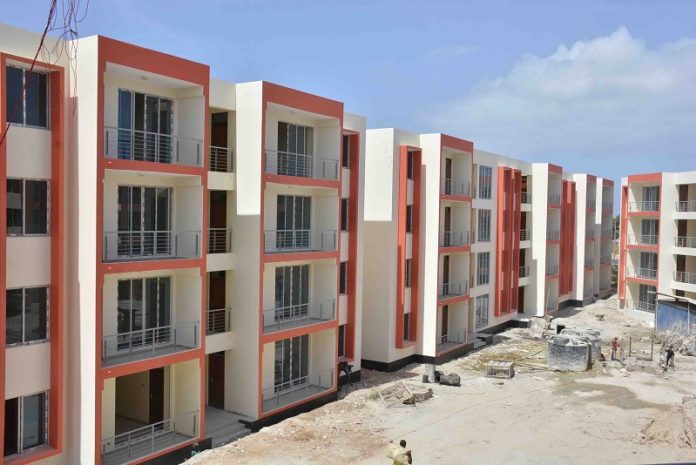The economic uncertainty during the coronavirus pandemic is affecting real estate deals in Portland. Many are wondering how this will impact home values now and after the outbreak.
Steve Buser moved from the Concordia Neighborhood of Northeast Portland to a condo near the waterfront in early April, just before things went haywire.
“I think if it would have happened during, you know, two months or two weeks after we were into the total shutdown, I think I would have had more of an issue selling my house,” he said.
A month after Buser sold his house, many buyers and sellers are taking a wait-and-see approach.
“So, the market hasn’t stopped, but it has certainly pulled back significantly,” said Matthew Gardner from Windermere Real Estate in Washington.
Gardner said the number of homes on the market is down 30 to 40 percent from this time last year.
“With the lack of inventory today, we are going to see flooding in the market maybe later on in the summer. Certainly, I expect to see more listings. However, I think there are a lot of buyers who are also sidelined,” he said.
Jenell McCleary, a realtor in Hood River, predicts the coronavirus will impact certain areas differently.
She posted a video on Instagram about clients losing their jobs and deals that might not close now. She said the video went viral.
McCleary believes sellers are holding out right now, which means fewer homes for buyers to choose from. That’s keeping prices steady.
“I don’t see turnaround in the market until everything is back to normal, or the new normal,” McCleary said.
As for Buser, he says he’s glad he sold his home when he did and is now setting in to his new abode.
“Only thing I don’t like is being confined to the house,” he said.
When the “new normal” will arrive is anyone’s guess. Gardner said he’s sure of one thing.
“The biggest point, quite frankly, is we are not back in the world of 2008 and ’09, which a lot of people seem to be under that thought process that now, OK, housing’s crashing again. I’m afraid it’s not,” he said.
The 2008 crash left many people owing the bank more money than their homes were worth. Others borrowed more than they could pay back, using sub-prime mortgages. That was a huge factor in the 2008 recession.
Gardner said this time around, buyers are well qualified and have more money to put down. Lenders have tightened requirements. So, he is cautiously optimistic that when the stay-at-home order is lifted, the for sale signs and buyers will be back.
Garnder and other economists agree that the fourth quarter of the year looks very promising for the industry. But that of course depends on the longterm fallout of the coronavirus.
Source: katu.





